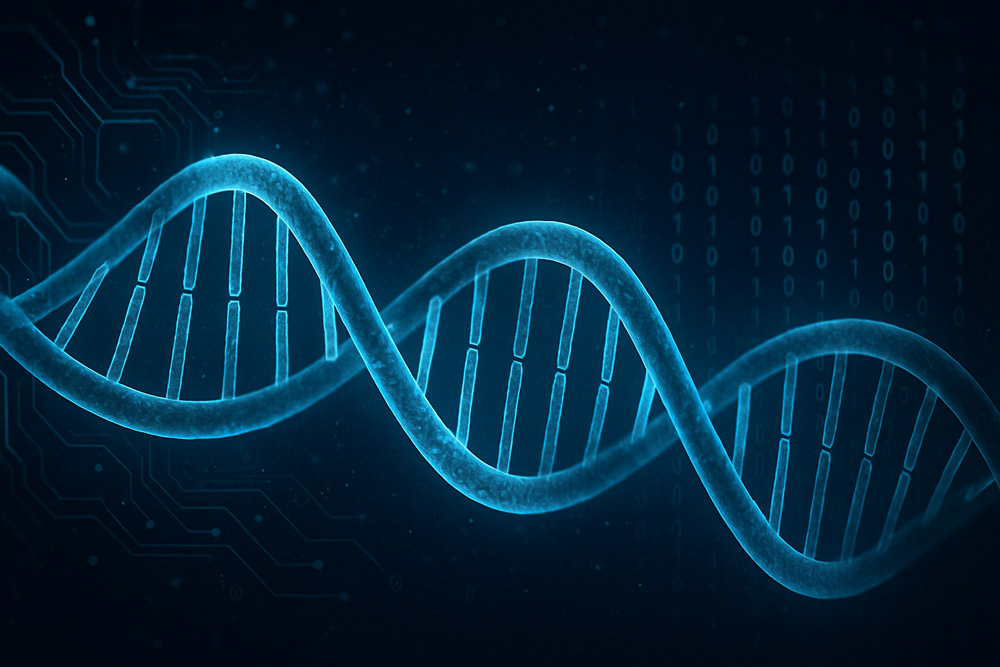The human genome: our 3-billion-letter biological instruction manual. It’s the cosmic recipe that says, “This is you,” with just enough typos to make life interesting. But thanks to modern science, we now have the red pen in hand—and some people seem a little too eager to start editing.
With tools like CRISPR-Cas9, scientists can now snip and tweak DNA with the precision of a deranged copy editor on a caffeine binge. And while that’s thrilling for curing diseases or preventing genetic disorders, it also opens the door to “designer ”babies”—humans edited for better eyesight, faster reflexes, or perhaps the ability to survive family reunions without emotional damage.
The “Playing God” Problem
Of course, there’s that small, polite question of whether we’re allowed to rewrite ourselves. Some ethicists say, “Sure, if it’s for health.” Others say, “Absolutely not, you’ll turn us into a dystopian Netflix show.” In fact, the World Health Organization has warned that unchecked genome editing could lead to inequality, social chaos, and possibly an entire generation of people named “Elon 2.0”.
And then there’s the risk of accidents. It’s one thing to accidentally hit “Reply All” at work; it’s another to accidentally give someone gills.
The Slippery Slope (and Yes, It’s Slippery)
We’ve already seen how easy it is for technology to escape our control. The moment the internet was invented, humanity promised to use it for “sharing knowledge” — and now we have cat videos, conspiracy forums, and people arguing about pineapple on pizza. Imagine what could happen if gene editing slipped from curing cancer to giving people glow-in-the-dark hair just for fun.
Some scientists are calling for stricter global regulations, like those outlined by the National Academies of Sciences. Others suggest a moratorium until we can all agree on the rules. Which, if history is any guide, will be roughly never.
Where Do We Stop?
Maybe the real question isn’t how far we should go in rewriting the human genome, but whether we’re even capable of stopping once we start. Humans are naturally curious, ambitious, and a little bit reckless — like toddlers with a box of matches.
So, should we go ahead? Probably not without a global conversation, a strict rulebook, and maybe a firm “no” to anyone who says, “Wouldn’t it be cool if…?” Because while editing out diseases could save lives, editing in “superhuman intelligence” might just doom us all — especially if the first thing that intelligence does is ask why it was created.
At the end of the day, genome editing is like giving humanity a shiny new sports car. It’s fast, it’s powerful, and it can take us to amazing places — but we might want to make sure we’ve learned how to drive before we slam on the accelerator.
